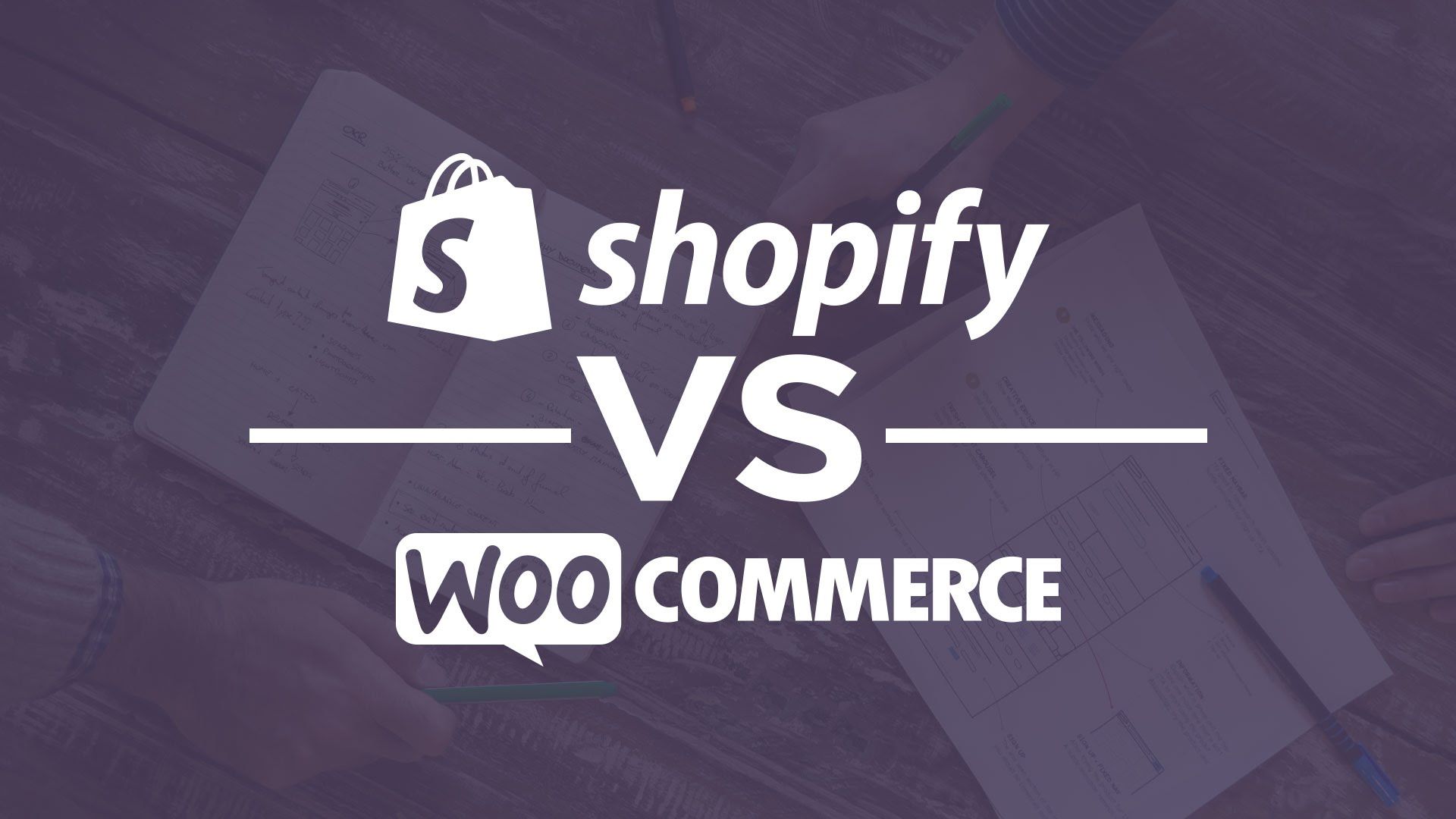Setting up an e-commerce business involves one fundamental decision: choosing the right platform. With a plethora of e-commerce platforms available, each with its unique features and capabilities, making an informed choice can be challenging. In this comprehensive guide, we’ll provide a detailed comparison of some of the leading e-commerce platforms, helping you make a well-informed decision for your online store.
Shopify
Shopify is known for its user-friendly interface and is often the go-to choice for those looking to start their e-commerce journey swiftly. It offers an all-in-one solution that includes hosting, domain registration, and a variety of customizable templates. Shopify also boasts a wide array of apps to extend functionality, making it a great choice for businesses looking to get up and running quickly.
WooCommerce
WooCommerce is a popular plugin for WordPress users, providing a versatile and customizable e-commerce solution. It seamlessly integrates with WordPress and offers extensive options for customization. If you’re already familiar with WordPress and want to maintain full control over your online store’s design and functionality, WooCommerce is a solid choice.
BigCommerce
BigCommerce is recognized for its scalability and comes equipped with a range of built-in features. It’s an ideal platform for businesses that anticipate rapid growth. With BigCommerce, you can adapt your store to meet evolving requirements, such as increasing product catalogs and scaling operations as your business flourishes.
Magento
Magento is an open-source e-commerce platform known for its robust features and extensive customization options. It’s a top choice for larger enterprises with complex requirements. If your business demands a high level of control over design and functionality, Magento is a platform worth considering.
Wix
Wix is famous for its user-friendly website builder and intuitive drag-and-drop interface. It’s an excellent choice for entrepreneurs who lack web development experience. With Wix, you can create an attractive, functional e-commerce website with ease. The platform offers a variety of customizable templates and integrated e-commerce tools.
Volusion
Volusion is tailored for small businesses, placing a strong emphasis on simplicity and ease of use. It provides user-friendly tools, pre-built templates, and is designed to accommodate those who are just beginning their e-commerce journey. Volusion makes it easy for newcomers to set up and run their online stores.
OpenCart
OpenCart is an open-source platform that focuses on providing extensive customization options. It offers a wide range of features, modules, and themes, making it a preferred choice for tech-savvy users who want full control over their online store. With OpenCart, you can tailor your e-commerce site to your specific requirements.
PrestaShop
PrestaShop is a free, open-source e-commerce platform known for its rich feature set. It’s a cost-effective option for businesses looking for a comprehensive solution without a hefty price tag. PrestaShop supports a range of payment gateways and offers flexibility in design and functionality.
Squarespace
Squarespace stands out for its beautiful templates and user-friendly design. It’s a platform that enables businesses to showcase their products with elegance and style. While it may not offer the same level of customization as some other platforms, Squarespace’s focus on visual appeal makes it a preferred choice for brands that prioritize aesthetics.
Choosing the Right Platform for You
Ultimately, the choice of an e-commerce platform should align with your business needs, budget, and technical expertise. It’s essential to consider factors such as payment gateways, security, search engine optimization (SEO), and mobile optimization. By comparing these e-commerce platforms and assessing your specific requirements, you’ll be well-prepared to make an informed decision that best suits your business objectives. Each platform comes with its unique features and strengths, so understanding your needs is key to e-commerce success.




